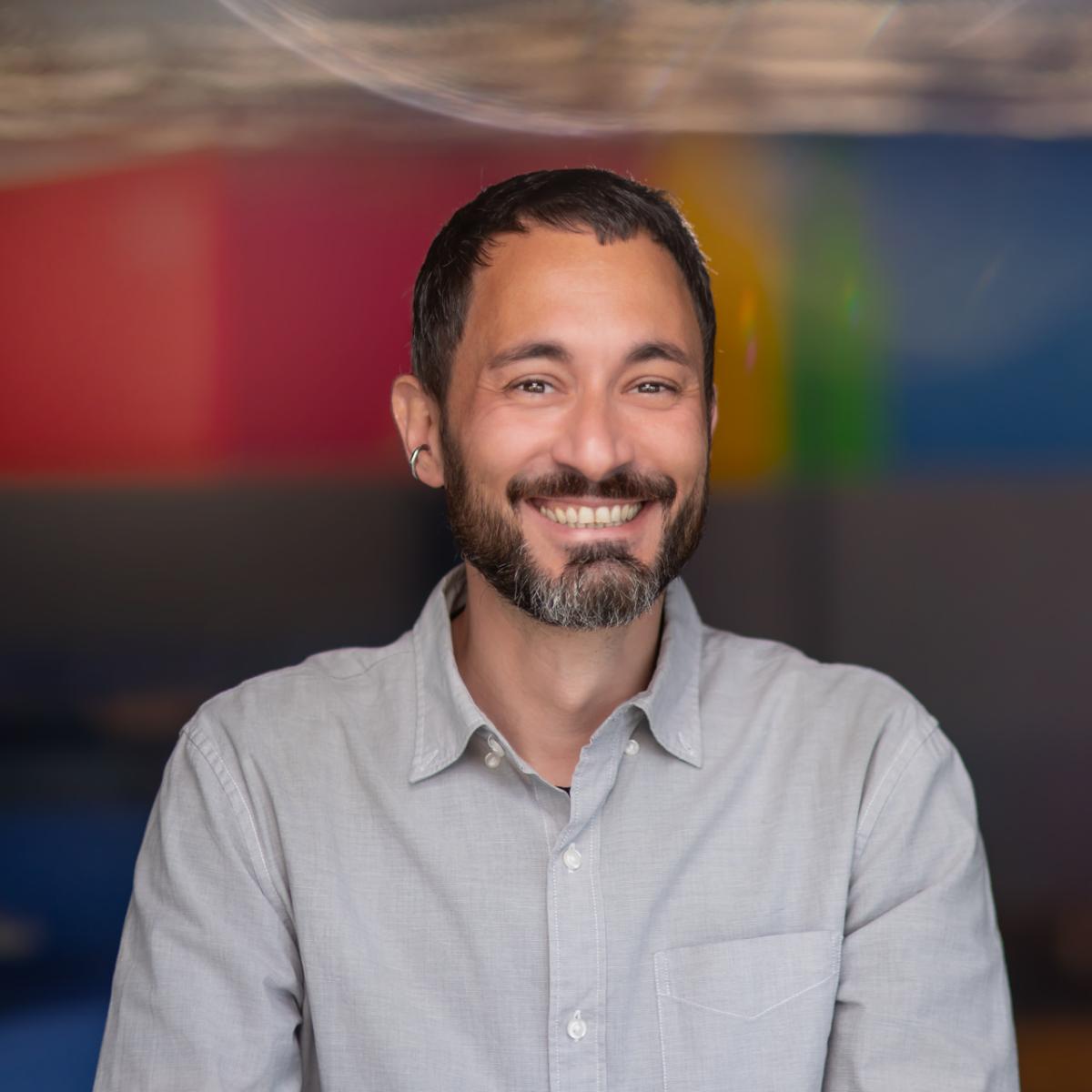Infant cognition and development of human learning and reasoning
The human ability for linguistic productivity and flexible forms of learning and planning is unparalleled in the natural world. This ability requires a domain-general cognitive system that integrates a plurality of logical operations, a "logic of thought." Yet, we know little about the origins of logic in the ontogenesis of the mind. Nicolò Cesana-Arlotti's research focuses on logical cognition and its development to understand how infants and children become able to think and talk as we do. The Infant Mind and Cognition Lab studies how early logical resources can empower infants' and children's striking learning potentials; how maturation, experience, and the acquisition of language contribute to the flourishing of planning and decision-making across the preschool years; and how developmentally basic logical computations serve as an interface between language and perception in adults.
Methods
Topics
Biography
Nicolò Cesana-Arlotti earned his BA and MA in Philosophy from the University of Milan, Italy, and his PhD in Cognitive Neuroscience from Pompeu Fabra University, Spain. He completed his postdoctoral work at the Central European University, Hungary, and at Johns Hopkins University. Cesana-Arlotti joined Yale in 2023 to start the Infant Mind and Cognition lab. To relax, he enjoys cooking for his partner Olga and their friends.

